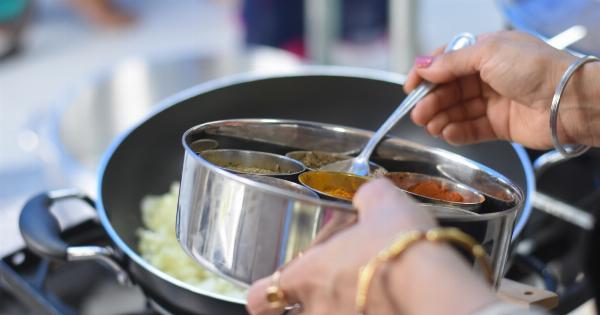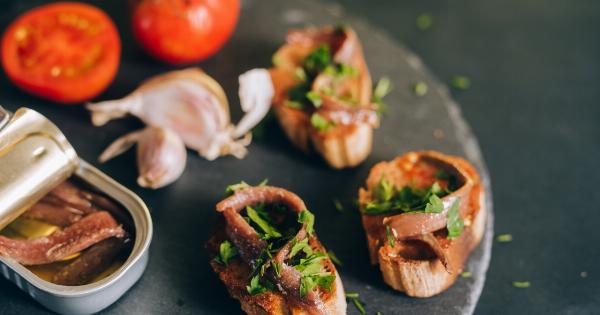Becoming a mother is an exciting journey filled with anticipation and joy. During pregnancy, a woman’s body goes through significant changes, requiring extra care and attention, especially when it comes to nutrition.
Cooking during pregnancy plays a crucial role in ensuring a healthy diet for both the expectant mother and her growing baby. However, there are certain do’s and don’ts that must be followed to ensure a safe and pleasant cooking experience. Let’s explore them in detail:.
1. Do: Prioritize Healthy Ingredients
During pregnancy, it is essential to focus on consuming nutrient-rich foods to support your baby’s development. Choose fresh fruits and vegetables, lean proteins, whole grains, and low-fat dairy products.
Incorporate a variety of colors and textures into your meals to ensure a well-rounded nutrient intake.
2. Don’t: Consume Raw or Undercooked Foods
Raw or undercooked foods can pose risks of foodborne illnesses, such as salmonella and listeria, which can harm your unborn baby. Avoid eating raw eggs, raw seafood, undercooked meat, and unpasteurized dairy products.
Ensure that all meats are properly cooked, and eggs are fully cooked through.
3. Do: Wash Fruits and Vegetables Thoroughly
Pregnant women are more susceptible to bacteria and infections, so it is crucial to wash all fruits and vegetables thoroughly before cooking or consuming them. Use running water and a clean produce brush to remove traces of dirt and pesticides.
4. Don’t: Neglect Food Safety Practices
Follow proper food safety practices, such as washing hands before and after handling raw meat, using separate cutting boards for raw and cooked foods, and avoiding cross-contamination.
These practices reduce the risk of foodborne illnesses during pregnancy.
5. Do: Incorporate Iron-rich Foods
Iron is vital during pregnancy to support the production of red blood cells in both the mother and the baby. Include iron-rich foods like lean red meat, poultry, legumes, and leafy greens in your meals.
Pairing these with foods high in vitamin C enhances iron absorption.
6. Don’t: Overindulge in Caffeine
While it’s safe to consume some caffeine during pregnancy, excessive intake should be avoided. High caffeine consumption has been associated with an increased risk of miscarriage and preterm birth.
Limit your caffeine intake to 200 milligrams per day, equivalent to approximately one 12-ounce cup of coffee.
7. Do: Opt for Low-Mercury Fish
Seafood is a great source of omega-3 fatty acids, which aid in fetal brain and eye development. However, some fish contain high levels of mercury, which can be harmful to the baby’s nervous system.
Choose low-mercury options like salmon, shrimp, and catfish while avoiding shark, swordfish, and king mackerel.
8. Don’t: Use Harmful Food Additives
Avoid the consumption of food additives that may be harmful during pregnancy. Artificial sweeteners like saccharin, aspartame, and sucralose should be limited or avoided. Additionally, excessive intake of MSG (monosodium glutamate) should be avoided.
9. Do: Stay Hydrated
Proper hydration is crucial during pregnancy to support the growth and development of the baby. Drink plenty of water throughout the day and include hydrating foods like fruits and vegetables in your diet.
Limit the consumption of sugary drinks, as they provide empty calories.
10. Don’t: Ignore Personal Dietary Restrictions
If you have any pre-existing dietary restrictions or allergies, it is important not to ignore them during pregnancy.
Speak to your healthcare provider or a registered dietitian for guidance on how to meet your specific nutritional needs while staying safe.

























